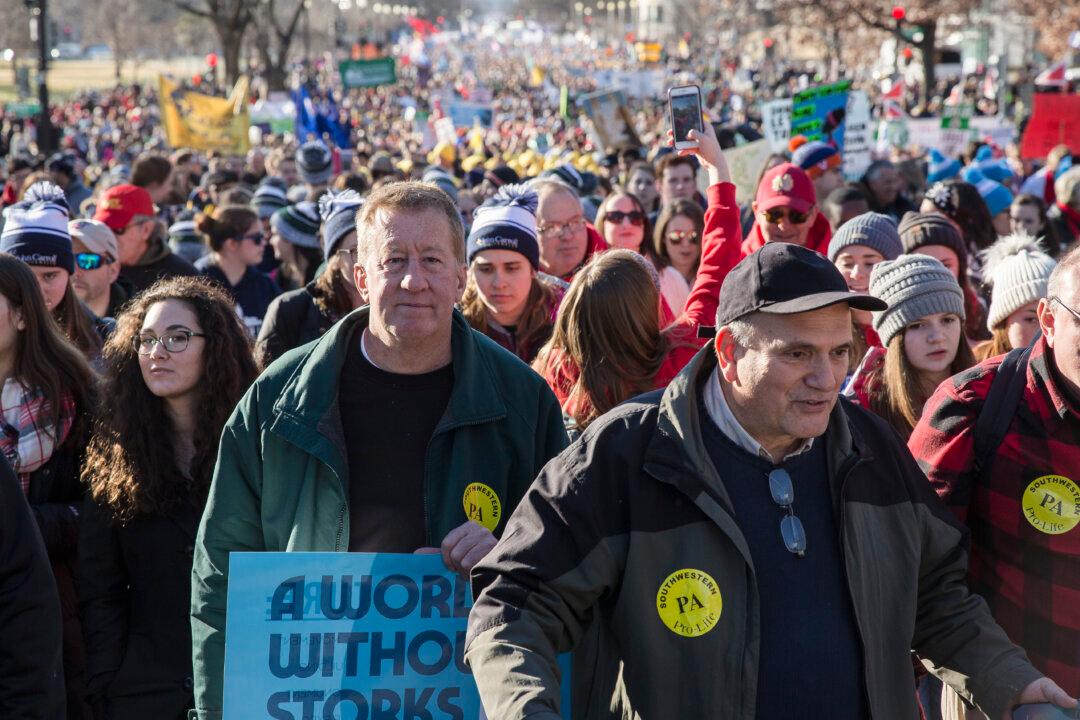Commentary
Should men have a say on the question of abortion, either as a matter of law and policy or as a personal matter in their own lives?

Should men have a say on the question of abortion, either as a matter of law and policy or as a personal matter in their own lives?